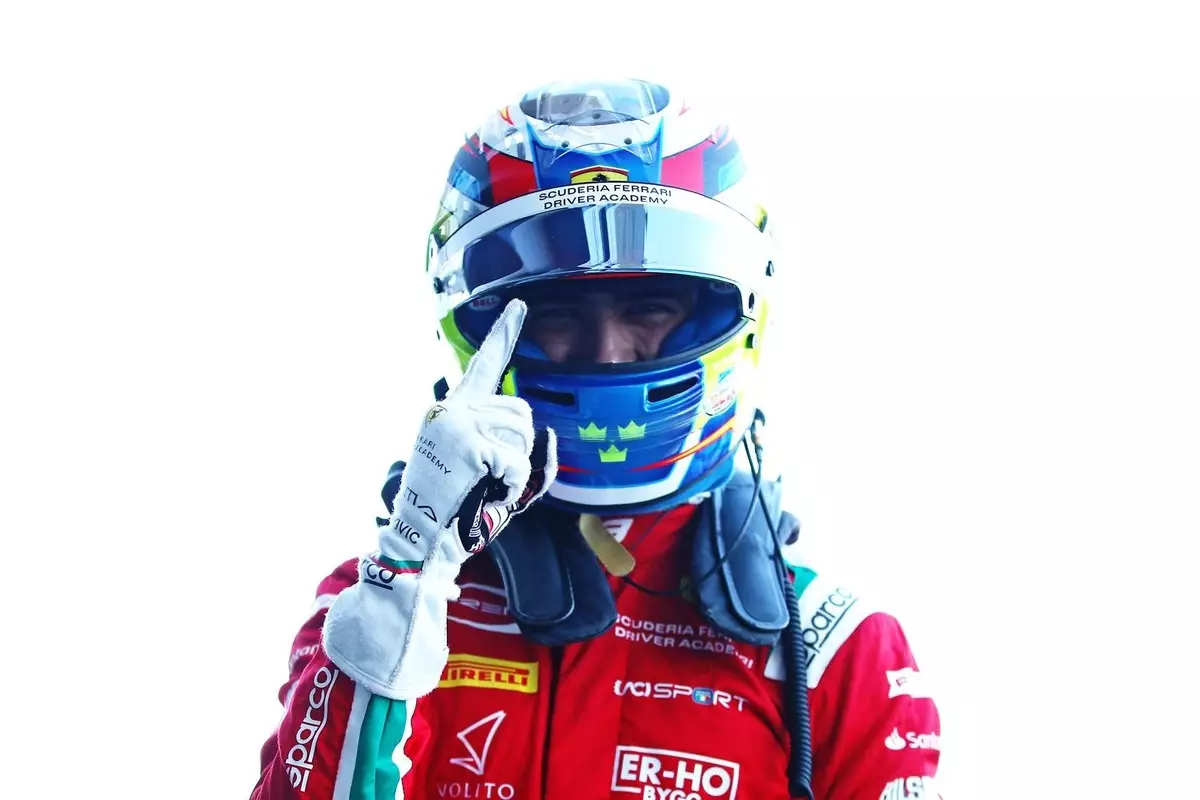The upcoming Macau Grand Prix is set to be a pivotal event in the racing calendar, particularly for junior drivers seeking to make their mark as they transition between categories. Traditionally, this iconic race has showcased FIA Formula 3 cars, a category renowned for being a critical proving ground for aspiring racing professionals. However, the organizers have announced a significant change: for the 2024 edition, which is scheduled for November 17, the Macau Grand Prix will transition to the use of Formula Regional machinery. This decision, described by the organizers as “a natural consequence of the evolution of the junior single-seater landscape,” has sparked a wave of mixed reactions within the motorsport community.
While the move is rooted in the desire to adapt to the changing dynamics of junior single-seater racing, many prominent figures have voiced concerns. Notably, Gabriele Mini, the FIA F3 series runner-up, has expressed skepticism regarding this transition, warning that the prestige and competitiveness of the event could diminish in the absence of F3 vehicles. Such reservations highlight a critical tension in motorsport: the balance between innovation and tradition.
Despite the controversy surrounding the new regulations, the entry list for the forthcoming Macau Grand Prix is impressive. It features an array of talents from various racing backgrounds, including three FIA Formula 3 race winners. Amongst the multitude of entrants, two notable frontrunners are Oliver Goethe and Dino Beganovic—both of whom are keen to leverage their recent experiences and successes for a strong showing in Macau.
Goethe, a Red Bull junior, finished seventh in the FIA F3 standings. His decision to prioritize his progression to Formula 2 by replacing F1-bound Franco Colapinto demonstrates a strategic approach to his career. This choice reflects a growing trend among junior drivers: the need to balance immediate competition with longer-term aspirations. After finishing ninth in his debut Macau Grand Prix last year, Goethe is optimistic about improving his performance this time around.
Beganovic, a product of the Ferrari Driver Academy, will continue with Prema Racing, showcasing the strong pipeline between successful junior formulas and higher echelons of motorsport. His fourth-place finish in last year’s race has certainly set the stage for a renewed challenge this November. Such collaborations between renowned junior teams and their contracted drivers play a vital role in honing the skills necessary to thrive in high-pressure environments like Macau.
The upcoming event is not solely limited to FIA F3 veterans. The 27-strong entry list includes promising talents such as Alex Dunne, last year’s British F4 champion, who has made a strategic shift to Prema Racing from MP Motorsport. Such transitions highlight the interconnected nature of junior categories, where drivers often move in search of better opportunities or more competitive machinery.
Also noteworthy is the inclusion of current Formula Regional European Championship contenders, including James Wharton and Tuukka Taponen. Their presence underscores the event’s role as a crucible for emerging talent and champions from various backgrounds. Moreover, the participation of drivers like Freddie Slater, who dominated the Italian F4 scene, illustrates how the Macau Grand Prix serves as a final test before advancing to the next level of motorsport.
Emanuele Pirro, president of the FIA single-seater committee, has praised the diverse talent pool competing in the event, referring to the Macau Grand Prix as “one of the toughest and more rewarding challenges” for aspiring drivers. This statement encapsulates the essence of the Grand Prix, positioning it as a significant milestone in the journey of many who dream of reaching Formula 1.
As two slots on the entry list remain unfilled, the anticipation surrounding the final entries only heightens the sweeping interest in this year’s race. The blend of seasoned competitors and fresh talent suggests that the 2024 Macau Grand Prix will not only honor its prestigious heritage but also embrace the nuances of a sport in constant evolution.
While the decision to transition from FIA F3 cars to Formula Regional vehicles has drawn criticism, the influx of talent and competitive spirit set to grace the streets of Macau illustrates the resilience and dynamism of junior motorsport. As these talented individuals aim to shape their futures, all eyes will be on them, hoping for electrifying races and the emergence of the next generation of racing stars.


Leave a Reply